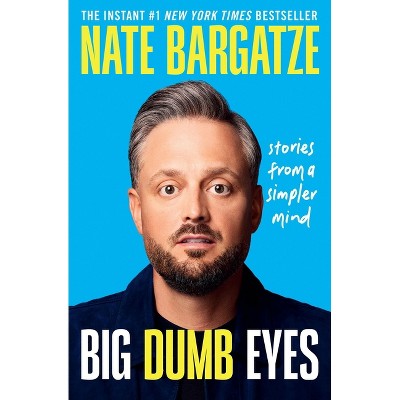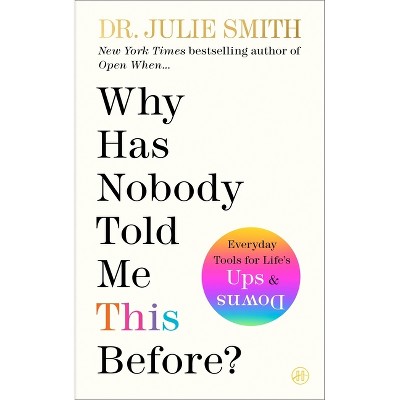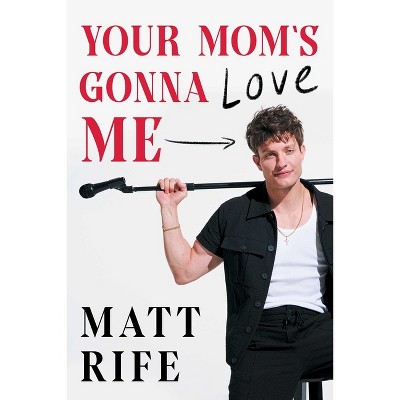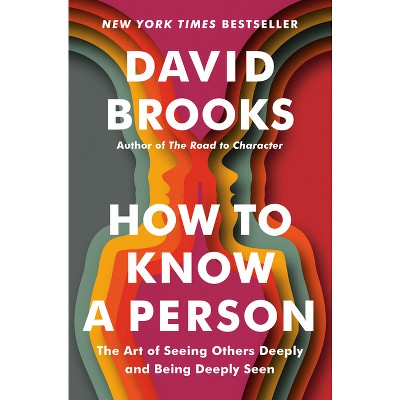The Feeling of the Form - (Signale: Modern German Letters, Cultures, and Thought) by Joseph R Metz (Hardcover)

About this item
Highlights
- The Feeling of the Form explores the concept of Einfuehlung--the projection of human feelings and life into inanimate forms--developed by German aesthetic theorists in the late nineteenth century.
- About the Author: Joseph R. Metz is Associate Professor of German and Comparative Literature at the University of Utah.
- 342 Pages
- Literary Criticism, European
- Series Name: Signale: Modern German Letters, Cultures, and Thought
Description
About the Book
"This book interprets texts by Georg Bèuchner, Adalbert Stifter, and Rainer Maria Rilke in the light of German and German-adjacent empathy theory (Robert Vischer, Vernon Lee, and Theodor Lipps); explores intersections of aesthetic empathy (Einfèuhlung), intersubjective empathy, feeling, and form in these texts; and draws connections to current theoretical and philosophical directions"-- Provided by publisher.Book Synopsis
The Feeling of the Form explores the concept of Einfuehlung--the projection of human feelings and life into inanimate forms--developed by German aesthetic theorists in the late nineteenth century. The word would be translated into English as "empathy" and migrate in meaning from the aesthetic to the interpersonal sphere. Combining close analysis and cultural "para-history," The Feeling of the Form reads literary texts by Georg Buechner, Adalbert Stifter, and Rainer Maria Rilke alongside philosophical texts by Robert Vischer, Vernon Lee, and Theodor Lipps to uncover the often-uncanny intersections of aesthetic and interpersonal empathy.
Traveling both backward and forward in time from the 1873 invention of Einfuehlung, Joseph R. Metz traces the diverse and multidirectional exchanges among subjects and objects, feelings and forms, and selves and others that together yield an expanded understanding of Einfuehlung, empathy, and the connections between them. In its surprising juxtapositions, The Feeling of the Form also shows how nineteenth- and early twentieth-century texts prefigure a wide array of later thought, including affect theory, "other minds," artificial intelligence, object-oriented ontology, and cinema and video game aesthetics.
About the Author
Joseph R. Metz is Associate Professor of German and Comparative Literature at the University of Utah.
Shipping details
Return details
Trending Book Pre-Orders






Discover more options





